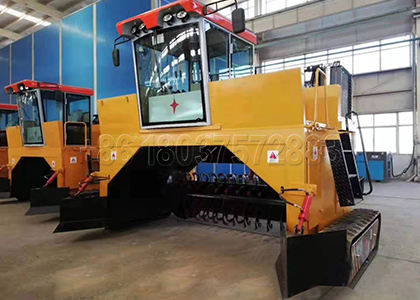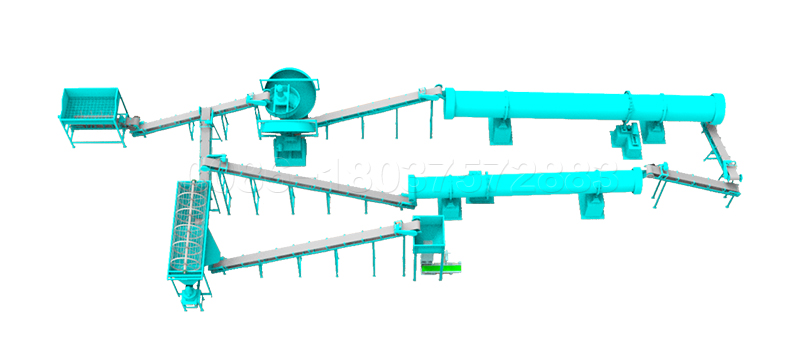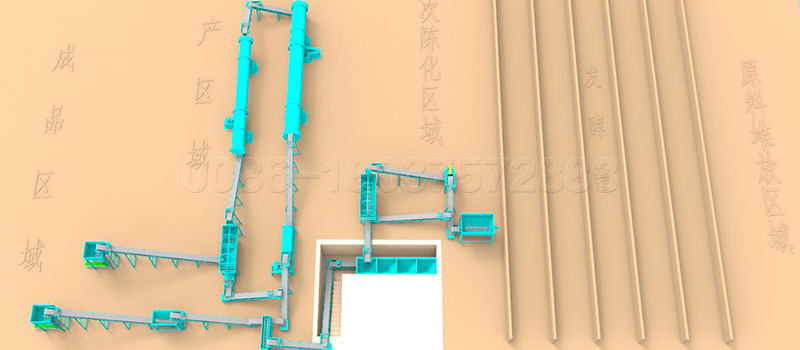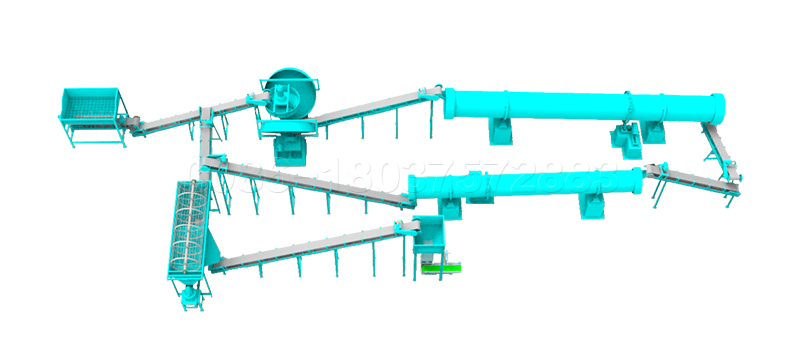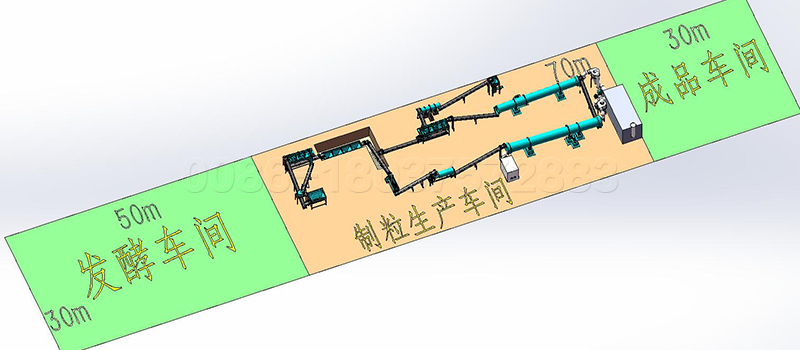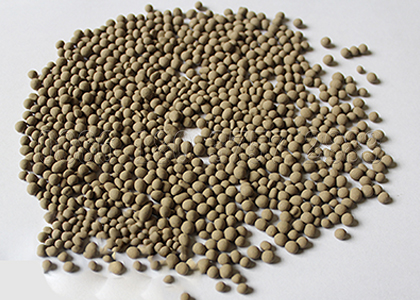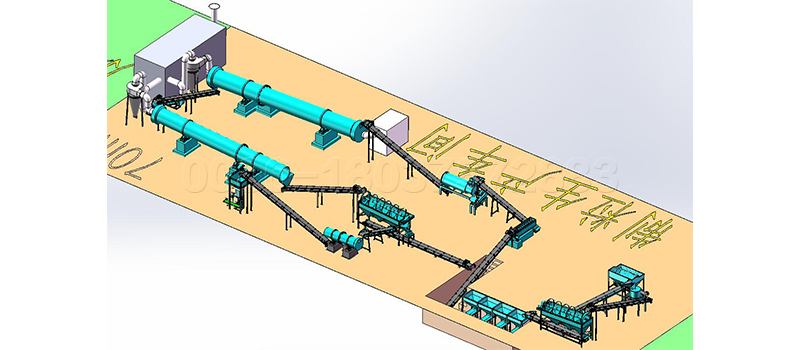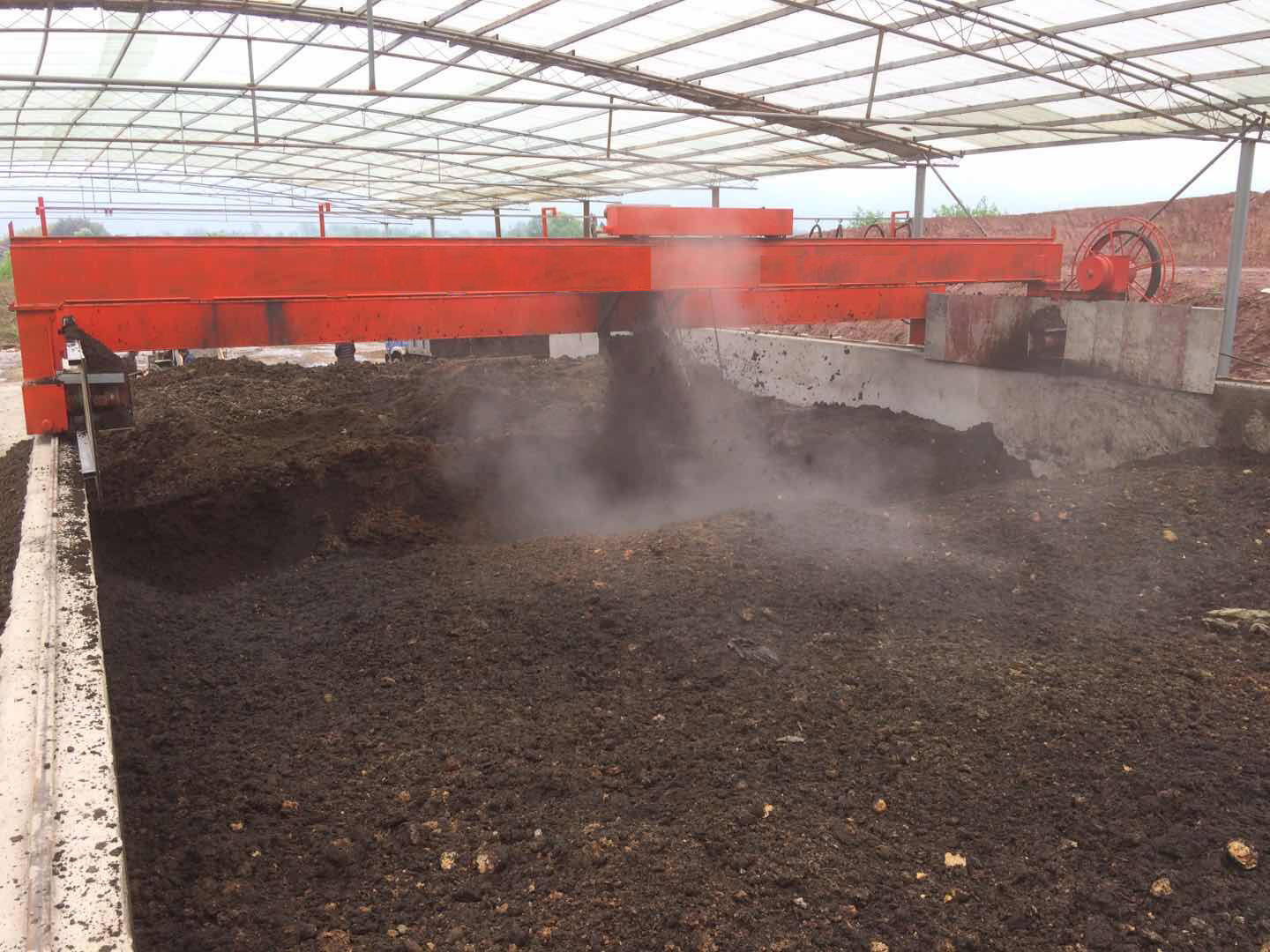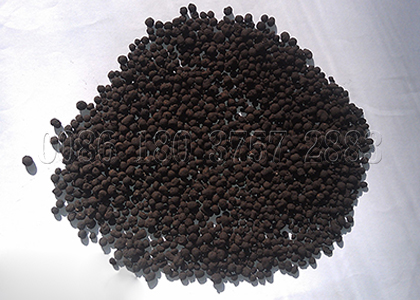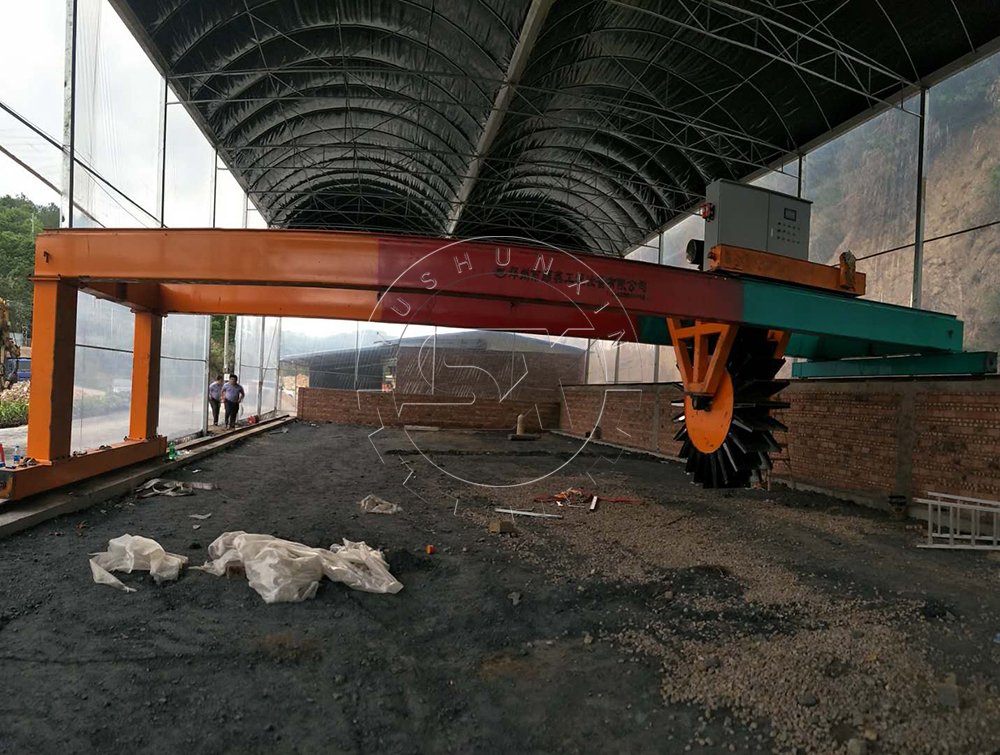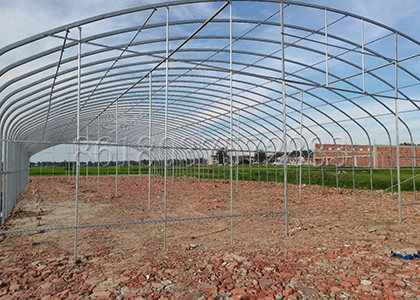Potassium is one of the three major elements of fertilizer. Potassium content in plants generally accounts for 0.2% ~ 4.1% of dry matter weight, second only to nitrogen. Potassium is involved in the activation of more than 60 enzyme systems, photosynthesis, assimilate transport, carbohydrate metabolism and protein synthesis during plant growth and development. In the fertilizer industry, potassium is often used as the main raw material and processed into special fertilizer products through NPK fertilizer granulator.
Main function of potassium fertilizer
1. Promote enzyme activation
Potassium fertilizer activating enzyme is one of the most important functions of potassium in plant growth. So. Potassium is closely related to many metabolic processes in plants, such as photosynthesis, respiration and the synthesis of carbohydrates, fats and proteins.
2. Promote photosynthesis and transport of photosynthetic products
It can improve photosynthetic efficiency, adjust stomatal opening and closing, and control the inflow and outflow of carbon monoxide and water. It can promote the synthesis of carbohydrates and accelerate the flow of photosynthetic products.

3. Promote protein synthesis
No ₃ is a key component of protein synthesis, and its uptake and transport are closely related to the process of protein synthesis.
4. Enhance the stress resistance of plants
Potassium can reduce soluble amino acids and monosaccharides, increase cellulose and thicken cell wall; Potassium can produce osmotic pressure gradient in crop roots and enhance water absorption capacity; Potassium can close the stomata of crop leaves and prevent water loss during drought and water shortage. Therefore, potassium can enhance the disease resistance, cold resistance, drought resistance, lodging resistance and salt resistance of crops.
Harm of excessive application of potassium fertilizer
1. Excessive potassium application will not only waste valuable resources, but also reduce the absorption of cations such as calcium and magnesium by crops, resulting in “heart rot” of leafy vegetables and “bitter pox” of apples.
2. Excessive application of potassium fertilizer will cause soil environmental pollution and water pollution.
3. Excessive application of potassium fertilizer will weaken the production capacity of crops. Therefore, modern industry uses fertilizer production lines to mix NPK fertilizer in proportion. The proportion of each element in the formula is different according to different regions and fertilizer characteristics. The chemical fertilizer granulator makes different raw materials into granules to avoid the harm of chemical fertilizer raw materials.


